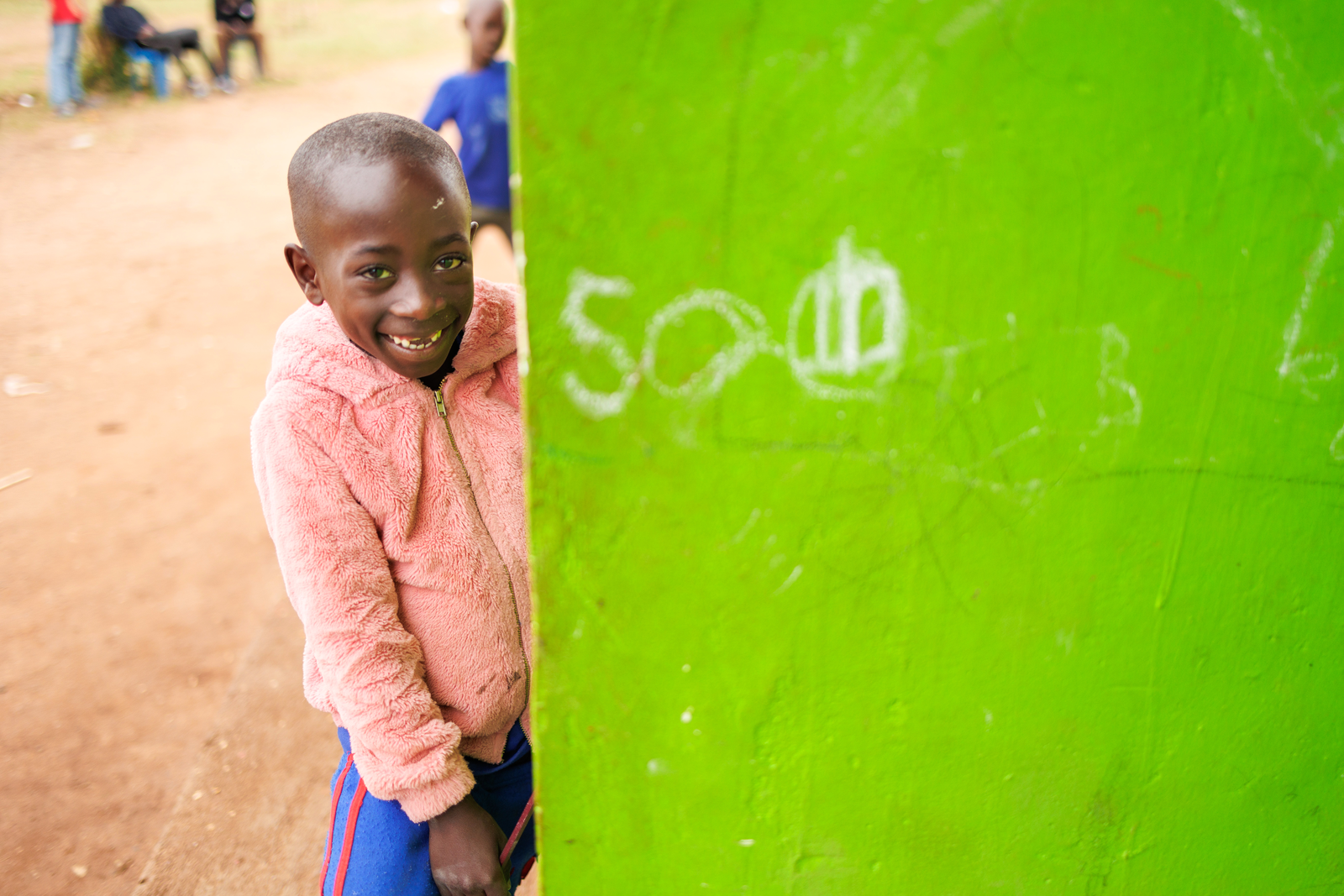
Syrian refugee children settling well into new life and schools in the UK
Refugees and internally displaced people, Right to education, Teachers and learning
Families are delighted that their children are making friends, learning English quickly and doing well at nursery or school, according to the UN refugee agency.
Thousands of refugee children who fled with their families from the war in Syria have settled in well to their new homes and schools in the United Kingdom.
They have been welcomed into the communities and learned English quickly, according to a report today by the United Nations refugee agency.
More than 8000 Syrians – half of them children – have arrived in the UK under government plans to resettle 20,000 by 2020.
The report by UNHCR said: “Families interviewed were particularly heartened that their children could enjoy preschool, primary or secondary school, catching up on lost education in Syria and in the region.
“Parents spoke proudly of the progress their children were making in acquiring English and, once competent in the language, their general progress in academic subjects, and also in making friends with fellow students.
“Teachers spoke warmly of the children, believing them to be a positive presence in the classrooms, where their understanding and experience of world events contributed to the general student population’s knowledge.”
Mohammad and his family arrived in Scotland under the Syrian Vulnerable Persons Resettlement Scheme (VPRS) when he was 12. Speaking last year, Mohammad, who was 12 at the time, was set to start at his new school in Edinburgh.
It's inspiring to see how Brits are saying 'welcome' to refugees across the UK #GreatBritishWelcomehttps://t.co/1ydo8lrNnk pic.twitter.com/AscGmKcnDn
— UNHCR United Kingdom (@UNHCRUK) November 5, 2017
“I miss Damascus but I look forward to school,” he said. “I want to be a doctor. I want to help people.”
More than six years into the conflict, there are over 5.5 million Syrians living as refugees in other countries.
Turkey is the biggest host country with 2.9 million Syrians, while Lebanon has more than one million.
In February 2016, world leaders promised to get every Syrian child into school in neighbouring countries. More than half are now getting an education – but hundreds of thousands are still out of school.
The UNHCR report – Towards Integration – talked to many of those who had been part of the VPRS scheme in the UK. More than half of them had been refugees in Lebanon, with the remainder travelling from Jordan, Turkey, Egypt and Iraq.
Two-thirds of VPRS arrivals were survivors of violence and torture or had specific medical needs.
While the study showed the programme working well, it highlighted areas for improvement, notably in English language provision, and further support for housing and employment facilitation.
Among key recommendations were the establishment of a national integration strategy to better inform and guide those who are supporting refugees.
Gonzalo Vargas Llosa, the UNHCR’s representative in London, said: “The UK clearly has the capacity to resettle meaningful numbers of refugees.
“We hope that, with development, this model can help more refugees, from Syria and elsewhere, resettle here after 2020.”

More news

Take the test and discover how our Schools Hub helps students grasp the global education crisis
